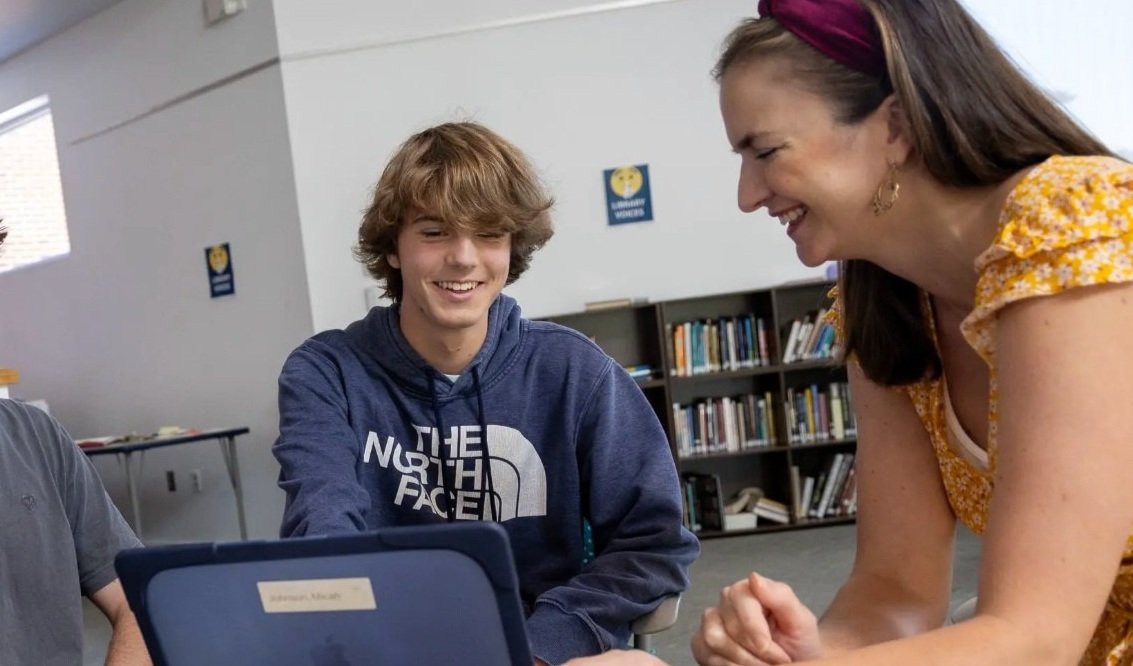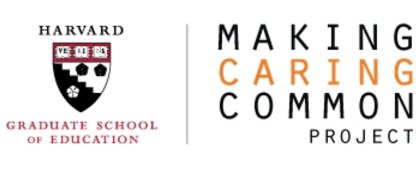
Navigating what’s next with calm, clarity, and confidence.
6 Things Your Family Needs for the College Journey—and Why They Matter
Clarity in Navigating Unknowns: With so many options, knowing where to start reduces anxiety and increases confidence.
Stress-Free Systems: Simplifying the complexities of applications and financial aid saves time and unnecessary effort.
A Roadmap for Every Step: A clear, season-by-season plan allows students to work ahead and maximize every opportunity.
A Grounded Approach: By understanding who they are now, students can make more value-driven decisions that shape who they’ll become.
A Trusted Partner: Having an experienced, honest professional by your side brings peace of mind during this pivotal journey.
Guidance on Big Decisions: Find a college home that positively influences your student’s career, community, and character.
Meet the heart behind Rooted
Karman has nearly 20 years of experience in secondary and post-secondary education. She is known for a student-first, data-driven approach. Karman specializes in leveraging each student’s foundational drivers (values, gifts, and goals) to empower them through collaborative coaching methods. With a Master’s in Higher Education Administration and experience training admissions readers and interviewers, she has reverse-engineered the process for high school students preparing for the college admissions process.
The college admissions process can and should be a process of self-exploration and building the self-advocacy skills necessary to thrive in college. This is best accomplished through a collaborative partnership that empowers students through appropriate accountability and clear communication.
Rooted is committed to helping your student
-
Students have to be clear on their why - what it is that’s driving them to pursue not only college but an undergraduate degree. Their mental mode and ability to identify their preferences shape the whole process.
-
Forward-thinking students are realistic about finding several matches on the front end, not set on the perfect fit. Identifying likely, target, reach, and unlikely schools offers a realistic and exciting perspective of potential outcomes.
-
So you have a list - but what do those schools care about and how do you showcase that in your application? Fun fact - they tell you what they value. Learn how to leverage those insights to make your application shine!
-
Who are you and what ways will you contribute to your college community? Showcasing your core values while giving admissions readers evidence of contributions in high school helps them advocate for you and your unique story.
-
Understand merit aid approaches to maximize scholarship money and get support in finding schools that stack scholarships and appealing aid packages.
-
Athletic recruiting for college-bound athletes adds additional layers of complexity to the college process. With the student taking ownership, they’re less likely to make a decision based too heavily on the dream of playing collegiately that leaves them unsatisfied.
-
While it’s great to have choices and that’s the goal of a balanced college list, making a final decision can be paralyzing. With a data-informed decision matrix, students can quantify how their offers of admission compare.
-
Once students are admitted they’re quick to think about finding a roommate and picking a meal plan. They’re less likely to develop a plan going into college for how to make friends, think about finances, consider personal safety, etc. The launch covers adulting readiness skills.
Influential reads
These authors have greatly influenced my philosophy on working with 14-22 year old students! While in higher education, I connected with Frank Bruni and Jeffrey Selingo and have since collaborated with multiple projects through Making Caring Common, an initiative out of Harvard’s Graduate School of Education.
“Thank you, Karman, for all you have done and continue to do to support my student so well. You have been beyond amazing as an expert resource for our family and we are so grateful to have benefited from your knowledge and expertise.”
— KIM G., PARENT OF CLASS OF 2025 GRAD









